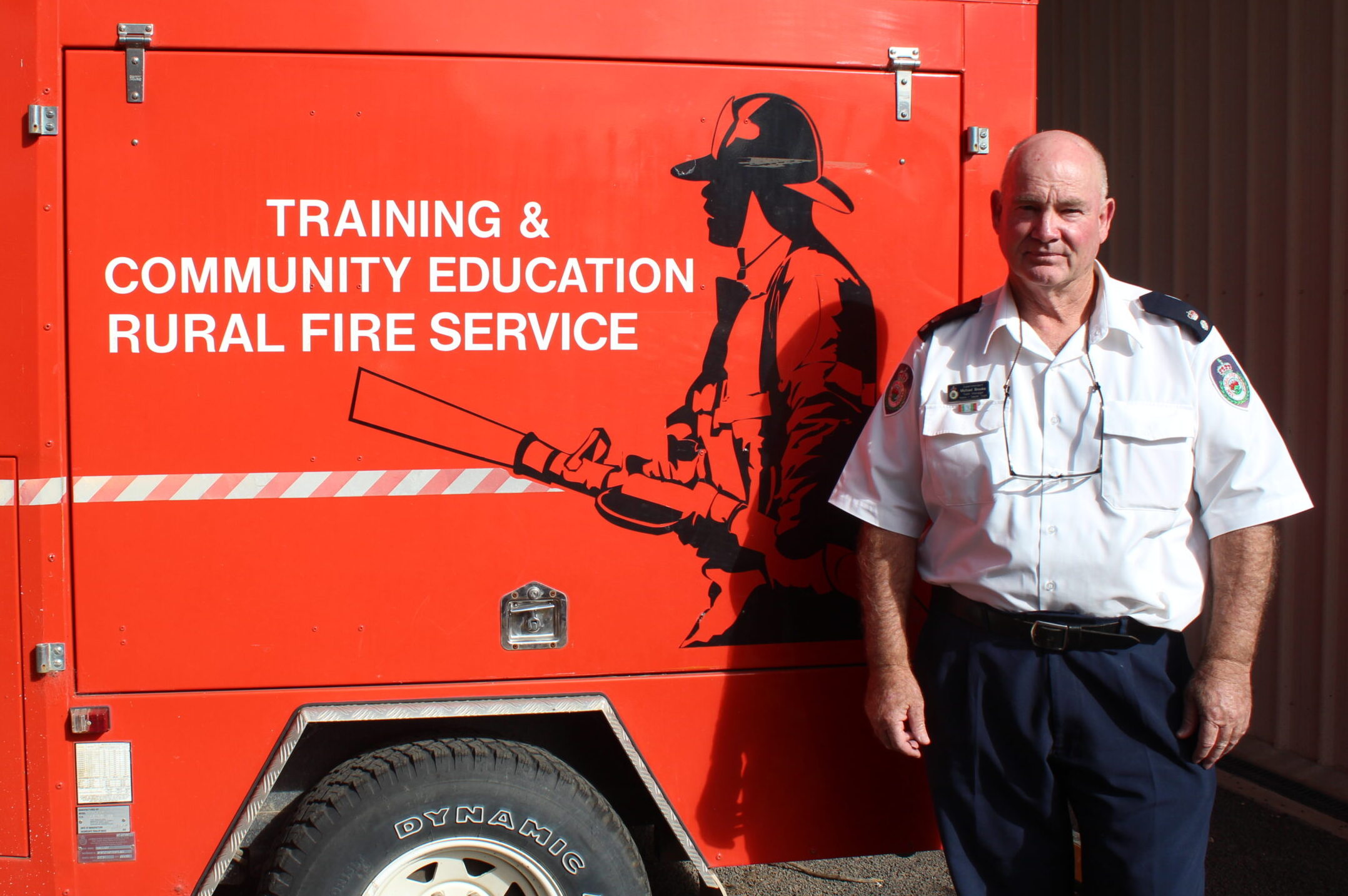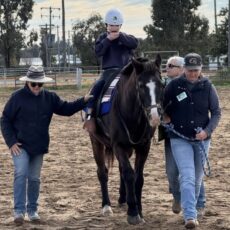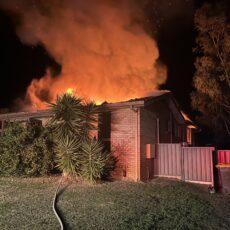As the temperature continues to drop and we head further into the cooler months, it’s a reminder that bushfire season has officially finished.
Usually running from October to March, the dangerous months are the hottest ones, but this is subject to varying weather conditions.
The end of the bushfire season means people in rural communities no longer need to request a permit to burn.
However, NSW Rural Fire Service (RFS) superintendent Michael Brooks says locals will still need to notify neighbours and the local fire department.
“We need to know if you’re going to be burning, and this can be done easily via our website,” he said.
Supt Brooks said the local firefighting teams will be using the cooler months to prepare for the next bushfire season.
“We’ll be doing maintenance, checking all our equipment,” he told The Courier.
“Our firefighters may undergo further training, and the people behind our mitigation programs will also take on some new courses.”
While the NSW RFS uses the off-season to prepare for the warmer season, Supt Brooks suggests locals do their bit in planning ahead too.
“All landholders should look at their bushfire survival plan, preparing it and keeping it up to date,” he said.
“It’s an ongoing project and you can’t become complacent during the winter months.
“While we’ve had a good season, it means those fuel loads are filling up and they will dry out in our climate.”
These fuels, such as dried out grasses, bushes and leaves, can greatly impact the size and speed of a bushfire, once they are caught alight. Supt Brooks suggests assessing these fuels on your property and clearing areas that may be hazardous.
He also advises locals to prepare any of their own firefighting equipment, determine emergency exits and ensure these entry/exit points are free from obstructions.
“That also means making sure there’s access for our fire trucks and identifying a water supply to be used in case of an emergency, if possible,” Supt Brooks said.
To find out more about putting together your own bushfire survival plan, you can head to the RFS website or call the Narrabri office.
If you’re interested in joining your local NSW RFS team, Supt Brooks says they are always welcoming new volunteers.
“More people means we can undertake more work, so we always encourage new faces,” he said.
“Especially since we’ve been so busy with the Moree floods, on top of the vehicle crashes and house fires we regularly attend to.”
To order photos from this page click here










